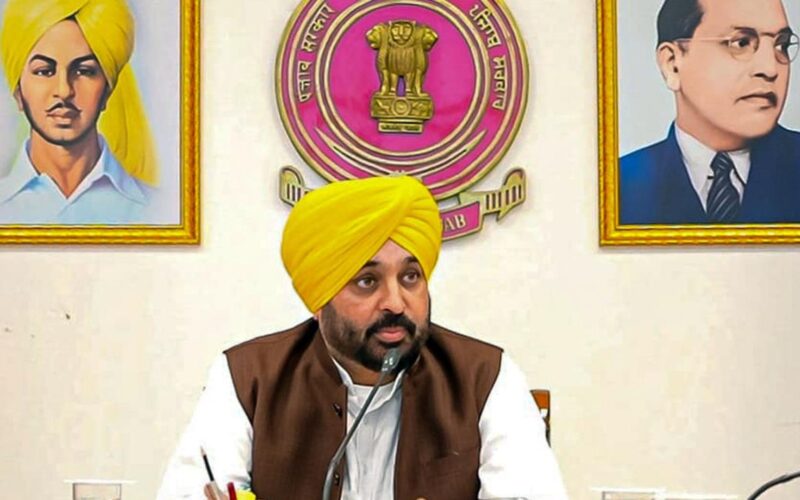Barnala/Tarn Taran (Gurpreet Singh): In a major move to enhance access to affordable healthcare, the Punjab government has launched the registration drive for its newly announced Health Card Scheme, which will provide cashless medical treatment up to ₹10 lakh annually per family. The initiative has commenced from the districts of Tarn Taran and Barnala, where residents began lining up at government-organized registration camps starting Tuesday morning.
This scheme is being positioned as one of the most inclusive health initiatives in Punjab’s history. For the first time, every citizen of the state, regardless of income group or previous eligibility criteria, will be able to avail themselves of comprehensive medical benefits without paying out-of-pocket.
According to officials, 128 camps have been set up across the two pilot districts to carry out on-the-spot registrations. Citizens only need to bring a passport-sized photograph along with either their Aadhaar card or Voter ID to enroll. The government aims to complete the registration process across these districts within 10 to 15 days, following which the scheme will be expanded state-wide.
Chief Minister Bhagwant Mann, while addressing the media, emphasized that this health card initiative is a step toward universal health assurance. He noted that previous schemes often required people to hold specific ration cards or meet income thresholds, but this new model removes such restrictions entirely.
Under the program, both government and private hospitals will provide treatment for a wide range of ailments — including chronic conditions, emergency surgeries, and specialized procedures. Although the list of empanelled private hospitals is yet to be released, the administration has confirmed that it will be made public soon.
Another key feature of the scheme is its cashless nature. Beneficiaries will not be required to pay anything at the time of treatment — the hospitals will be reimbursed directly by the government, making the process seamless and burden-free for patients. Officials clarified that there is no reimbursement process involved, as the card itself will act as a direct access point to services.
The decision to offer double the coverage compared to existing central and state insurance schemes — which typically cap treatment costs at ₹5 lakh — marks a significant leap forward. The ₹10 lakh limit is expected to make a meaningful difference, particularly for families dealing with serious illnesses or long-term medical needs.
Although an official list of diseases covered under the scheme has not yet been published, the Chief Minister assured that all major health conditions will be included, and specific guidelines will be issued soon. Health officials hinted that even costly and advanced procedures could be covered under this plan, making it one of the most robust public health models in the country.
The state government has called on residents to actively participate in the registration drive as it reaches their district. As the rollout continues, the administration is hopeful that the scheme will significantly reduce healthcare inequalities and provide vital support to families across Punjab.

